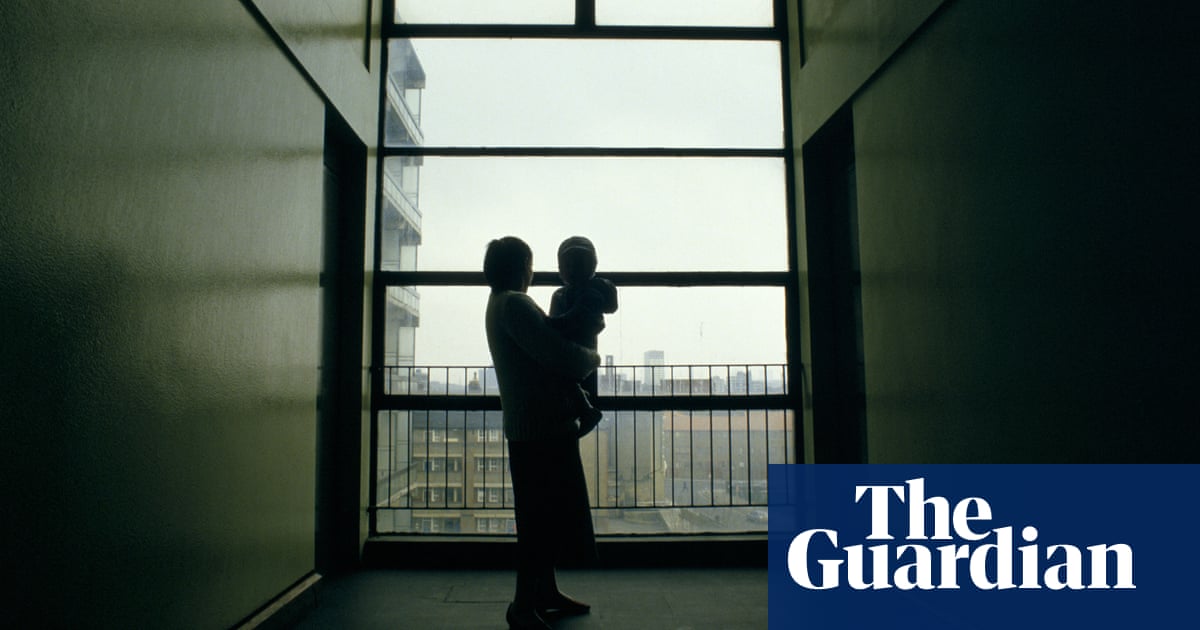
Ettadhamen, a marginalised district on the outskirts of Tunis, wears unrest well. Over the weekend and into this week, violent protests have dominated life in this overlooked and restive place.
The district is not unique. Over the past few days, protests have erupted in working-class neighbourhoods in at least 15 locations across Tunisia, in response to declining living conditions, poverty and endemic unemployment, especially among the country’s young people.
More than 600 people have been arrested so far, most between the ages of 15 and 25, and the army has been deployed to protect government buildings.
On Tuesday, about 200 demonstrators marched in central Tunis, calling for the release of those detained and an end to police violence.
Amnesty International has already called for restraint from the police after video footage emerged of officers appearing to beat protesters during clashes. Other video clips have emerged with shaky footage showing young people battling teargas and a well organised police force with fireworks and stones. One clip purports to show a police officer shooting teargas into a man’s home.
In an unscheduled television address on Tuesday evening, Hichem Mechichi, the prime minister, offered the protesters understanding, but insisted the law would continue to be enforced.
Touring a suburb in Ariana, Tunis, on Monday, President Kais Saied called for calm and asked young people to refrain from targeting people or property.
Everyone the Guardian spoke to in Ettadhamen this week voiced their frustration at how the government and the country’s media has focused on the violence and looting, rather than the reasons behind the protests.
Yassine* works in his family’s shop near the centre of Ettadhamen. He’d been on the streets with other young men over the weekend. “People are hungry. They want revenge against the state,” he says through an interpreter. “I won’t lie about it, they want another revolution.”
His friend, Ahmed*, sitting in a plastic chair nearby, adds: “The police don’t dare to come here. Even the Tunisian media doesn’t come here. No one listens to what we have to say.”
Before the coronavirus lockdown, Ahmed travelled the country buying fruit and vegetables to sell on to traders in Tunis. “Everyone I spoke to was angry,” he says, recalling the conversations he’d had in several towns and villages. “It’s all age groups. Even children aged 10 are angry. Thank God we have houses and food to eat. I see families of up to 10 members who can’t afford that. They don’t even have 200 millimes, (about 5p) for a baguette.”
Yassine tells the story of a popcorn seller in Ettadhamen, a common sight in Tunisia, who was stopped by the police for not wearing a mask. “They fined him 60TD [Tunisian dinars, about £16]. He asked them why he would be selling popcorn if he had 60TD,” Yassine says between customers. “He said he knew the price of a mask and, if he had it, he would spend it on his children.”
Others are less approving of the unrest. Salah, 40, complains of being tired. He has been up all night, protecting his white goods stall from potential looters. He points to the post office and the opticians further down the road, both of which he says were looted. “They weren’t protesting, they were stealing,” he says. “If you want to protest, do so during the day, not during the night.”
Unemployment, especially among the young, has long been a driver of social unrest in Tunisia. For years, unemployment has stood at about 15%. However, among 15- to 24-year-olds the figure rises to 36%, with many remaining out of work for significant periods.
The pandemic has made things worse. The country is reeling from the loss of its vital tourism sector, including the vast network of ancillary industries that provide produce and services to tourist resorts, and prospects are grim.
The situation has led many to migrate. In 2020, Italian authorities reported 12,883 irregular arrivals from Tunisia. The previous year the number was 2,654.
In Ettadhamen, a passing young man gives his name as Hassan. He grins, barely able to disguise the pride he feels over his part in the protests. A light rain catches on the acrylic fur of his hoodie. He says the reasons for the protests are government neglect, poverty and the viciousness of the police.
A passerby waits for a break in the conversation before asking for 500 millimes (13p). “There you go,” Hassan says. “Write about that. That’s life here.”
* Names have been changed












